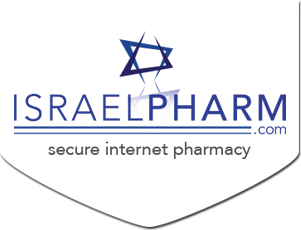The most common side effects of Afinitor include:
- Fever
- Cough
- Headaches
- Infections
- Weakness and tiredness
- Mouth sores, rash
- Nausea, loss of appetite, increased thirst
- Swelling anywhere on the body
- Missed menstrual periods
- Increased urination,
- Dry mouth, fruity breath odor
These side effects should clear up within a few days. If they persist or get worse, consult with your doctor or pharmacist.
Afinitor may sometimes cause serious side effects including:
- Hives
- Difficulty breathing, a new or worsening cough, wheezing, shortness of breath
- Swelling of the face, lips, tongue, or throat, blisters or ulcers in your mouth, red or swollen gums, trouble swallowing
- Chest pains
- Fever and chills
- Tiredness
- Joint pain, swelling of the feet or ankles
- Skin rash, skin sores, easy bruising, unusual bleeding, pale skin
- Reduced or no urination, dark urine, clay-colored stools
- Nausea, loss of appetite, stomach pain – especially on the upper right side
- Signs of jaundice – yellowing of the skin or eyes
- Flu-like symptoms, cold hands and feet, lightheadedness
- Any surgical incision or wounds that will not heal, and remain red, warm, swollen, painful, and bleeding or oozing pus
Get medical help immediately if you have any of the above symptoms.
Afinitor is prescribed for a wide range of cancers, tumors and carcinomas, as well as in the case of patients with the genetic disorder tuberous sclerosis complex (TSC). The following is a short list of the main uses of Afinitor:
- Hormone receptor-positive (HER2-Negative) breast cancer in postmenopausal women with advanced hormone receptor-positive gene. Usually prescribed along with exemestane hormonal replacement therapy, after failure of treatment with letrozole or anastrozole.
- Progressive neuroendocrine tumors of pancreatic origin (PNET) of gastrointestinal (GI) or lung origin with unresectable, locally advanced or metastatic disease.
- Renal cell carcinoma (RCC) after failure of treatment with sunitinib or sorafenib.
- Tuberous sclerosis complex (TSC) associated renal angiomyolipoma that requires therapeutic intervention but cannot be curatively resected or for the adjunctive treatment of adult and pediatric patients aged 2 years and older with TSC-associated partial-onset seizures.












